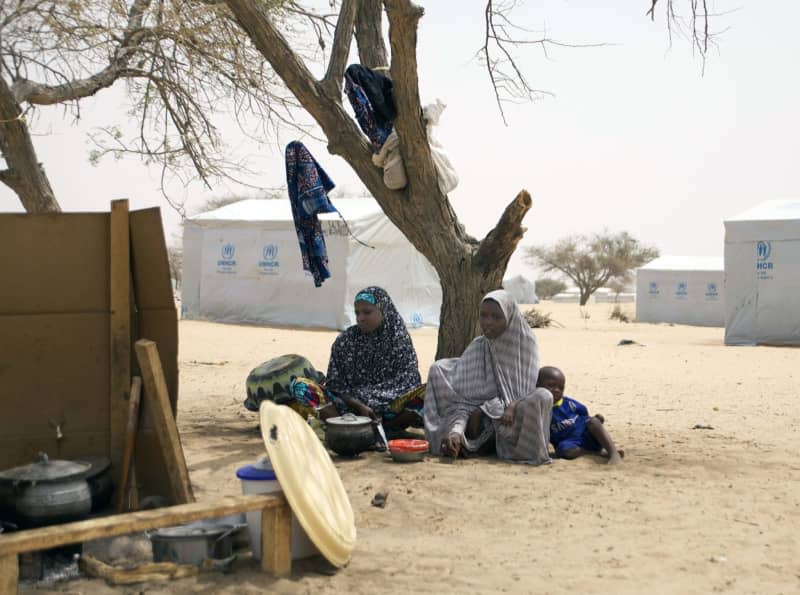International Energy Agency to present Clean Cooking in Africa study

The International Energy Agency (IEA) is convening global leaders for a Summit on Clean Cooking in Africa in Paris, where the IEA is to present its annual study on the issue on Tuesday.
More than 20 African countries are taking part in the meeting.
According to the IEA, nearly four in five Africans still cook their meals over open fires and traditional stoves, using wood, charcoal, animal dung and other polluting fuels.
This has impacts on health, gender equality and the environment.
According to the IEA study, the inhalation of hazardous smoke from cooking is the second leading cause of premature death among women and children on the continent.
They also miss out on opportunities for education and employment because of the time they have to spend collecting fuel. Collecting fuel on a daily basis also exposes women to the risk of violence and assault.
Simple cooking methods using wood and charcoal often contribute to deforestation, according to the IEA.
The preferred solution for clean cooking is liquid gas, the agency says, followed by electric cookers and appliances such as rice cookers.
In rural areas without a reliable power supply, improved cookers using less fuel and producing less hazardous exhaust fumes could also be used as an interim solution.
The African Development Bank and the IEA hope to mobilize funds for increased investment in clean stoves, equipment and infrastructure, from the current annual figure of around €2.3 billion ($2.48 billion) to €7.4 billion this decade.

